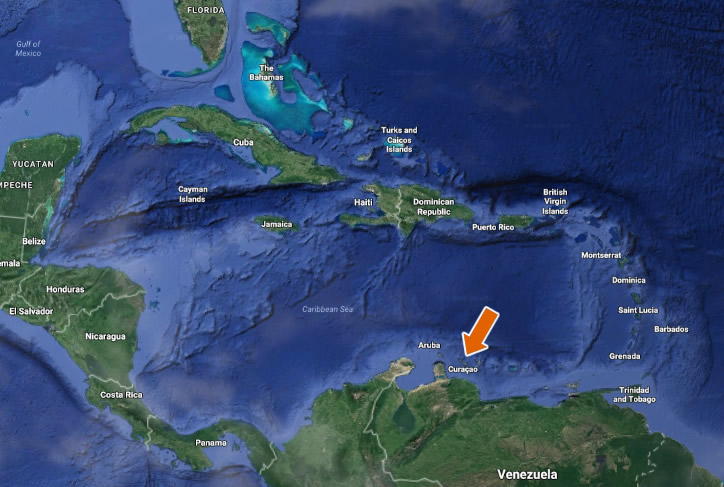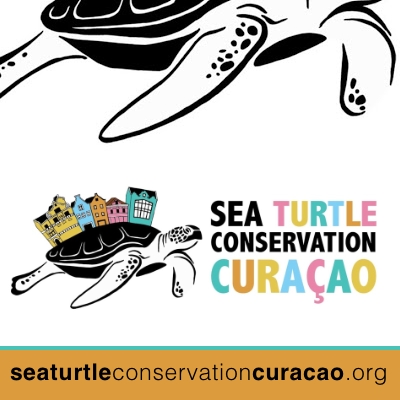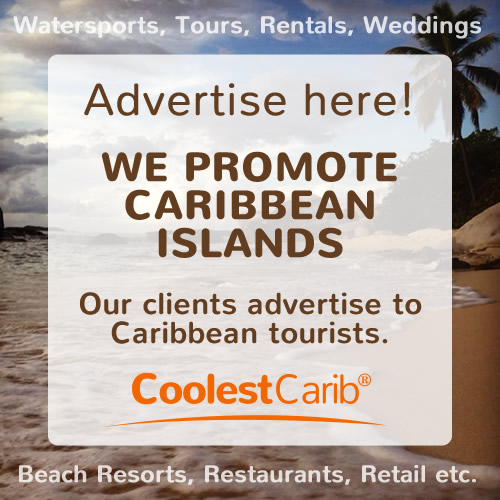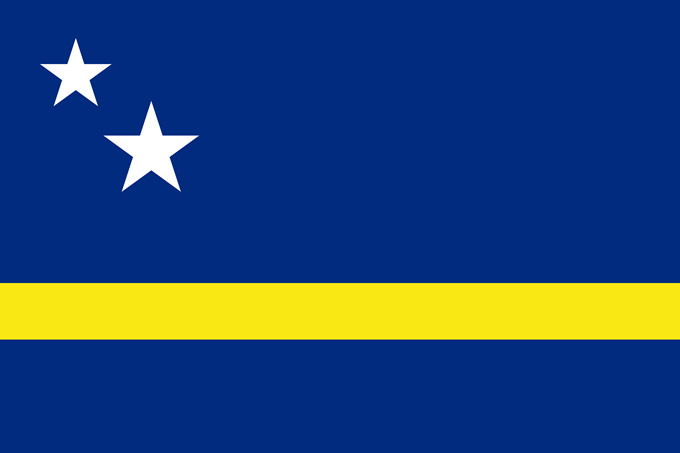Curaçao is a constituent country of the Kingdom of the Netherlands.
Curacao is the C in the ABC islands. The other two are Aruba and Bonaire. Curacao is located in the southern Caribbean Sea just north of Venezuela, east of Aruba. View Map. Curacao is famous for its moving pontoon bridge, its quaint European-style architecture, spectacular scuba diving locations and beautiful beaches.
1. Colorful Architecture:
One of the most distinctive features of Curaçao is its vibrant and colorful architecture. The capital city, Willemstad, is known for its pastel-colored Dutch colonial buildings, which are a UNESCO World Heritage site. The colors were historically used to differentiate between properties when they were first built.
2. Blue Curaçao Liqueur:
Curaçao is famous for its namesake liqueur, Blue Curaçao. This brightly colored, orange-flavored liqueur is a popular ingredient in tropical cocktails like the Blue Lagoon and the Blue Hawaiian. It's also made in other colors such as red, green, and orange.
3. Diverse Culture and Languages:
Curaçao is a melting pot of cultures and languages. While Dutch is the official language, you'll hear a mix of languages spoken, including Papiamento (a Creole language), English, Spanish, and Portuguese. This diversity is a result of its history as a Dutch colony and its geographic location in the Caribbean.
4. Flamingo Sanctuary:
In the southern part of the island, there's a saltwater lake called Jan Kok where you can find a large population of wild flamingos. These elegant pink birds are a delight to observe in their natural habitat, especially during certain times of the year when they gather in large numbers.
5. Underwater World:
Curaçao is renowned for its excellent diving and snorkeling opportunities. The island boasts over 65 dive sites, featuring vibrant coral reefs, underwater caves, and a diverse array of marine life. Whether you're a beginner or an experienced diver, there are options for exploring the island's stunning underwater landscapes.
Enjoy your stay!
 If you own or manage a business in the Caribbean and need professional assistance with your website and social media, gandor.tv will create, maintain, host and promote your website for you.
If you own or manage a business in the Caribbean and need professional assistance with your website and social media, gandor.tv will create, maintain, host and promote your website for you.
“Himno di Kòrsou”
“Anthem of Curaçao”
Willemstad: 12°7'N 68°56'W
AST (UTC-4)
Right
The ubiquitous breakfast dish is pastechi: fried pastry with fillings of cheese, tuna, ham, or ground meat. Around the holiday season special dishes are consumed, such as the hallaca and pekelé, made out of salt cod. At weddings and other special occasions a variety of kos dushi are served: kokada (coconut sweets), ko'i lechi (condensed milk and sugar sweet) and tentalaria (peanut sweets). The Curaçao liqueur was developed here, when a local experimented with the rinds of the local citrus fruit known as laraha. Surinamese, Chinese, Indonesian, Indian and Dutch culinary influences also abound. The island also has a number of Chinese restaurants that serve mainly Indonesian dishes such as satay, nasi goreng and lumpia (which are all Indonesian names for the dishes). Dutch specialties such as croquettes and oliebollen are widely served in homes and restaurants.
Thank you Wikipedia!
Dutch and Papiemento/Papiamentu, which is the widely spoken on the Caribbean ABC islands (Aruba Bonaire and Curaçao) where it has official status as the native language. The language is also recognized on Bonaire by the Dutch government.
Papiamento is derived from African and Portuguese languages with some influences from American Indian languages English, Dutch and Spanish (mostly Spanish). Papiamento has two main dialects: Papiamento, spoken primarily on Aruba; and Papiamentu, spoken on Curaçao. The Bonaire variety, while not considered a dialect, is known as Papiamen.
Thank you Wikipedia!
72.8% Roman Catholic
Kingdom of the Netherlands
Estates of Curaçao
The Netherlands Antilles was an autonomous Caribbean country within the Kingdom of the Netherlands. It was dissolved on 10 October 2010
After dissolution, the "BES islands" of the Caribbean Netherlands-Bonaire, Sint Eustatius and Saba-became "special municipalities" of the Netherlands
Curaçao has a semi-arid savanna-like climate with a dry season from February to September and a wet season from October to January. The temperatures are relatively constant throughout the year with small differences between winter and summer. The trade winds cool the island during the day and warm it during the night. Curaçao lies outside the hurricane belt.
In need of sunscreen? Consider a local, natural type. Coconut Oil is said to be very healthy for your skin (and hair), and has sun protection properties. But if you're planning on staying in the sun for longer than 30 minutes we suggest you wear a rash-guard, a hat, sunglasses and stay in the shade. If that's not an option consider applying a generous amount of high SPF organic sunscreen you get at most health stores in the Caribbean.














